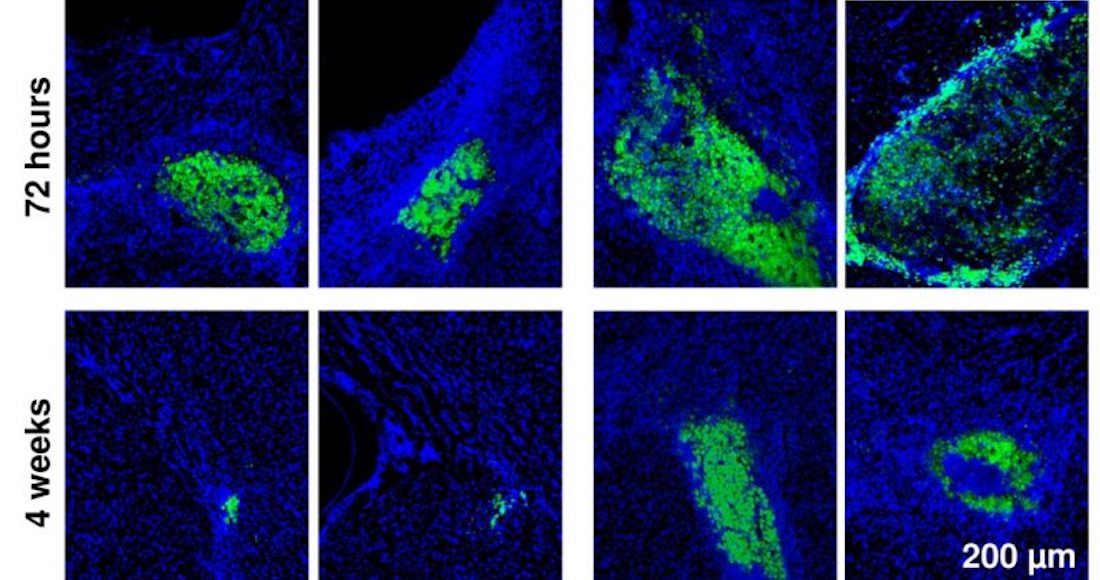
[ad_1]
A team of researchers has allowed the functional recovery of stroke mice after implanting stem cells encapsulated in silk fibroin hydrogels.
By Alberto Iglesias Fraga
Mexico City, November 10 (TICbeat / SinEmbargo) .- Imagine: scientists are implanting encapsulated stem cells in one harmless biomaterial and totally biocompatible with which they get the functional recovery of people who have suffered a cerebral infarction, repair the nervous tissue damaged and avoiding the extension of the injury.
It sounds like science fiction, but nothing is further from reality. A team of researchers from the Center for Biomedical Technology of the Polytechnic University of Madrid (UPM), in collaboration with the Complutense University of Madrid (UCM), the Cajal Institute and the San Carlos Clinical Hospital, has precisely developed this principle: functional recovery of mice with cerebral strokes after implantation encapsulated stem cells in hydrogels silk fibroin.
A wide variety of neurological diseases produce permanent physical and cognitive impairments. Our nervous system has a very limited recovery capacity following an injury, as is the case of stroke and brain damage and, on the other hand, neurodegenerative diseases such as Alzheimer where the Parkinson where there is a gradual deterioration of the function of our brain. Stem cell therapy has been a huge step forward in the treatment of these diseases, given its therapeutic potential to protect and repair damaged brain. However, stem cell transplantation is not without difficulties, among other things, in reducing its survival in the brain after transplantation, which represents a major obstacle to achieving the highest possible therapeutic efficacy.
In an attempt to overcome this barrier, these Spanish scientists have developed a new bioengineering strategy to repair damaged brain tissue. To do this, they used mice with cerebral infarction to which were implanted stem cells of mesenchymal origin encapsulated in a harmless and fully biocompatible biomaterial: silk fibroin. After treatment, mice exhibited a significant improvement in their motor and sensory abilities, which had been profoundly altered after cerebral infarction. In addition, using electrophysiological techniques, the researchers demonstrated that this functional improvement was accompanied by brain reorganization phenomena in areas adjacent to the damage zone. An important aspect of this study was that silk fibroin significantly increased the survival of stem cells implanted in the brain, preventing further extension of damage after a stroke in animals.
According to Daniel González Nieto, researcher at BTC UPM, "these results open a promising avenue for the treatment of neurological disorders through a new type of innovative therapy based on the use of silk fibroin as a vector of delivery of drugs. " cells, thereby increasing the therapeutic performance and functional improvement of patients ".
THIS CONTENT IS PUBLISHED FREQUENTLY WITH EXPRESS AUTHORIZATION FROM TICbeat. SEE THE ORIGINAL HERE. YOUR REPRODUCTION IS PROHIBITED.
[ad_2]
Source link